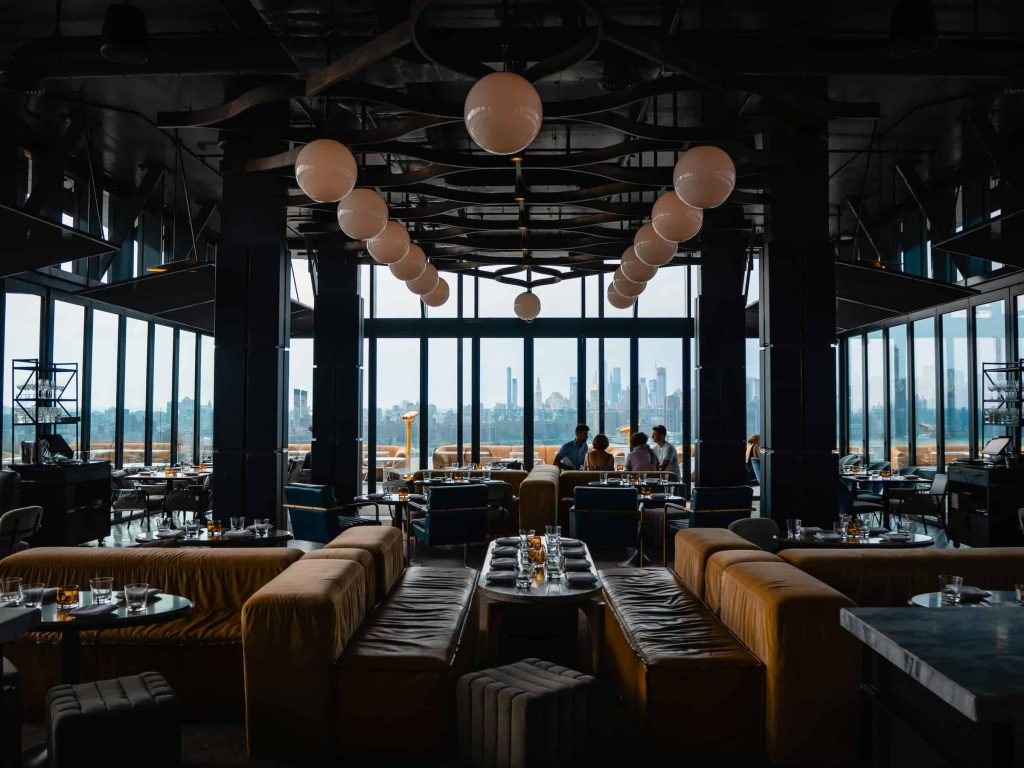A well-run reservation system can be a game-changer for restaurants, pubs, and hospitality businesses. It streamlines bookings, reduces no-shows, and helps you plan your service efficiently. But when not managed properly, even the best system can lead to lost revenue and frustrated customers.
Here are five common reservation system mistakes businesses make—and how to avoid them.
1. Not Setting Clear Availability Rules
One of the biggest mistakes businesses make is not properly configuring their reservation system’s availability settings. This can lead to double bookings, unexpected gaps in service, or tables sitting empty when they could be filled.
How to Avoid It:
- Set specific time slots based on your kitchen’s capacity and turnover rates.
- Block off peak periods if your venue thrives on walk-ins.
- Regularly review and update availability settings to reflect seasonal demand or staffing changes.
A reservation system should work for you—not the other way around. Taking time to fine-tune availability settings ensures a smoother operation and maximizes efficiency.

A reservation system should work for you—not the other way around.
2. Overbooking Without a Contingency Plan
While it may seem like a good idea to accept as many reservations as possible, overbooking can lead to customer frustration, long wait times, and negative reviews. Many businesses overbook without considering late arrivals, longer-than-expected dining times, or walk-in traffic.
How to Avoid It:
- Set a realistic buffer time between bookings to prevent bottlenecks.
- Consider allowing a few walk-in tables, especially on busy nights.
- Train staff to manage unexpected delays and offer alternatives, such as drinks at the bar while waiting.
A well-thought-out contingency plan can help you balance occupancy without compromising service quality.

overbooking can lead to customer frustration, long wait times, and negative reviews.
3. Ignoring No-Show Prevention Strategies
No-shows can be a huge financial drain for hospitality businesses, especially those with limited seating. A fully booked evening can quickly turn into a slow night if reservations don’t show up and no walk-ins are available to fill the gap.
How to Avoid It:
- Implement reservation deposits or no-show fees: Customers who pay a small deposit are more likely to show up.
- Send automated reminders: A simple text or email reminder can significantly reduce no-show rates.
- Track repeat no-shows: If a customer frequently fails to honor their bookings, you may want to limit their ability to reserve in the future.
By proactively addressing no-shows, you can ensure your tables are filled with paying customers.

Customers who pay a small deposit are more likely to show up
4. Failing to Communicate Reservation Policies Clearly
Customers appreciate clear expectations when making a reservation. If your policies aren’t clearly stated, it can lead to misunderstandings, frustration, and last-minute cancellations.
How to Avoid It:
- Display reservation policies prominently on your website and confirmation emails.
- Clearly state how long a table will be held for late arrivals.
- Outline any deposit or cancellation policies upfront to avoid disputes.
Transparency builds trust. When customers know exactly what to expect, they’re more likely to follow through with their bookings.

5. Not Encouraging Staff to Use the System Properly
A reservation system is only as effective as the people using it. If your team isn’t managing bookings, adjusting availability, or handling last-minute changes, mistakes can pile up and impact service quality.
How to Avoid It:
- Ensure all staff members understand the importance of the system. Encourage new employees.
- Set clear guidelines for handling over-bookings, cancellations, and special requests.
- Encourage staff to regularly check for updates and communicate any issues with management.
By making sure your team is confident using the system, you can prevent errors and provide a smoother experience for both staff and guests.
Final Thoughts
A great reservation system does more than just take bookings—it enhances your service, boosts revenue, and ensures a smooth guest experience. By avoiding these common mistakes and implementing proactive strategies, you can get the most out of your system and keep your customers happy.
If you’re looking for a reservation system that’s simple, effective, and built for small hospitality businesses, ORIN has you covered. Get started today and take control of your reservations effortlessly!
